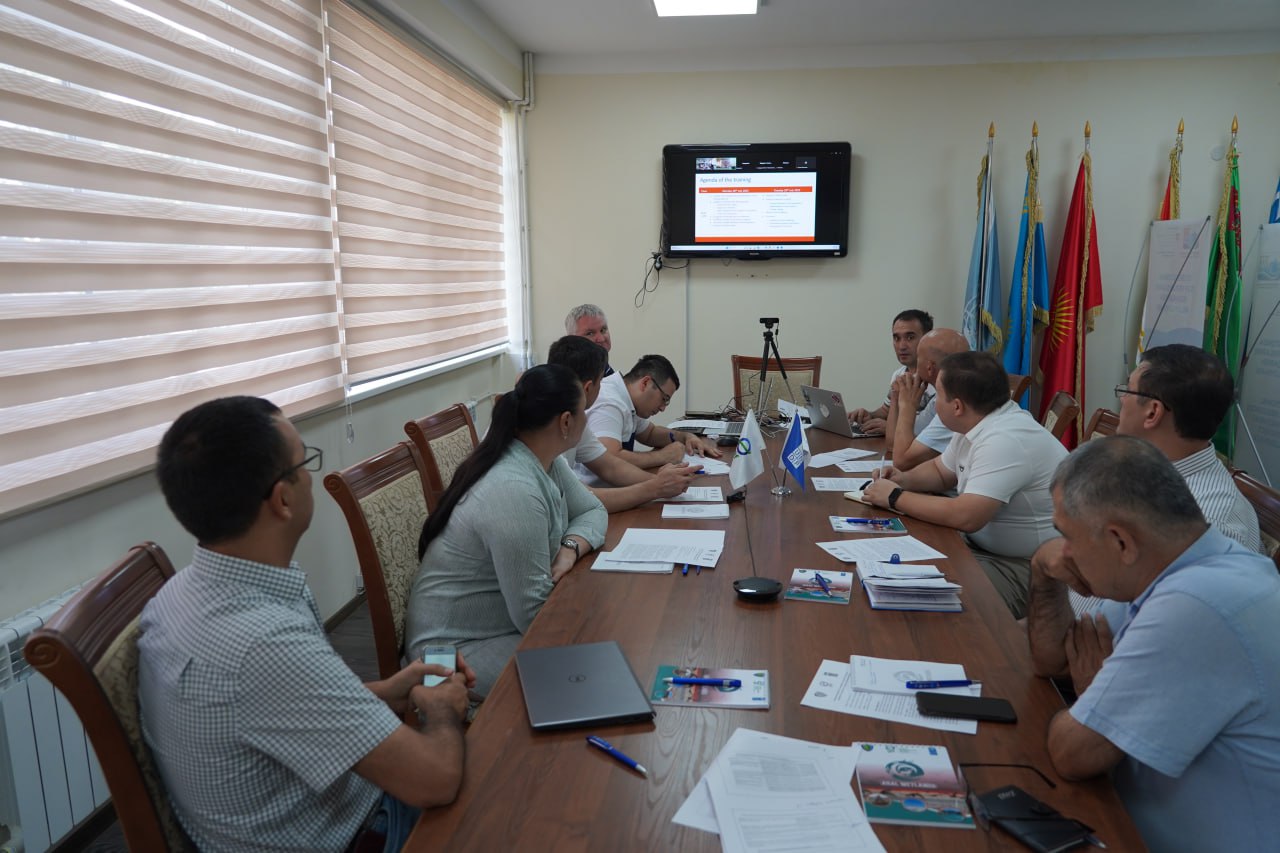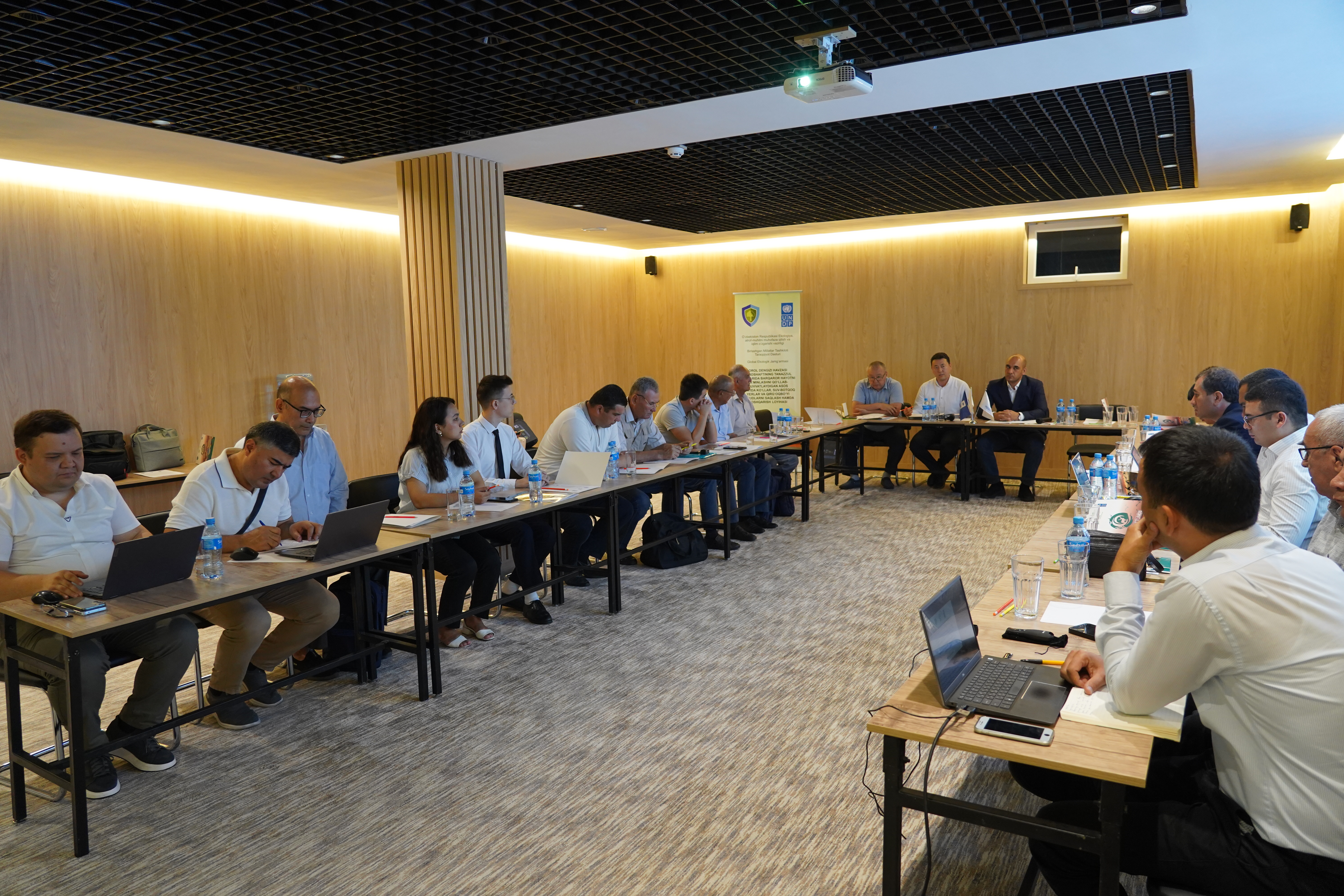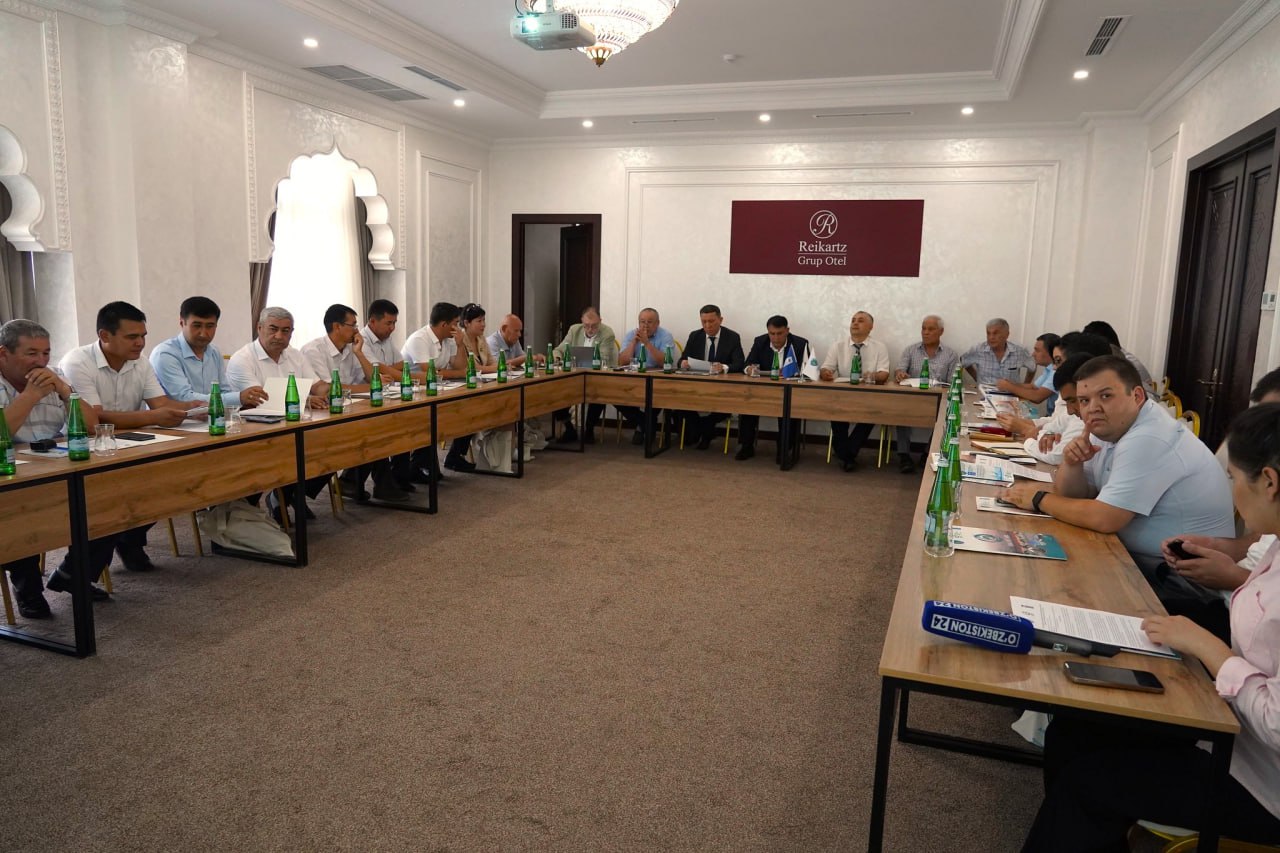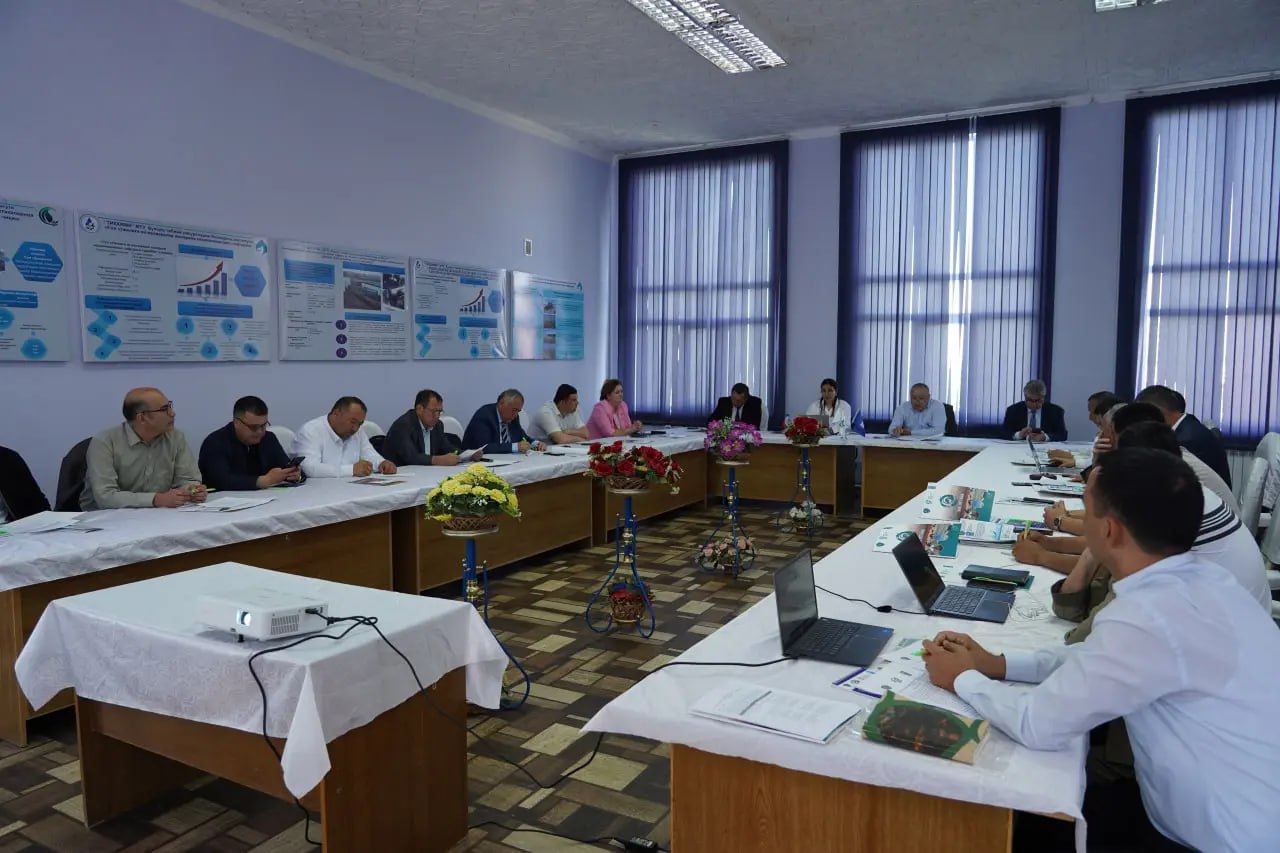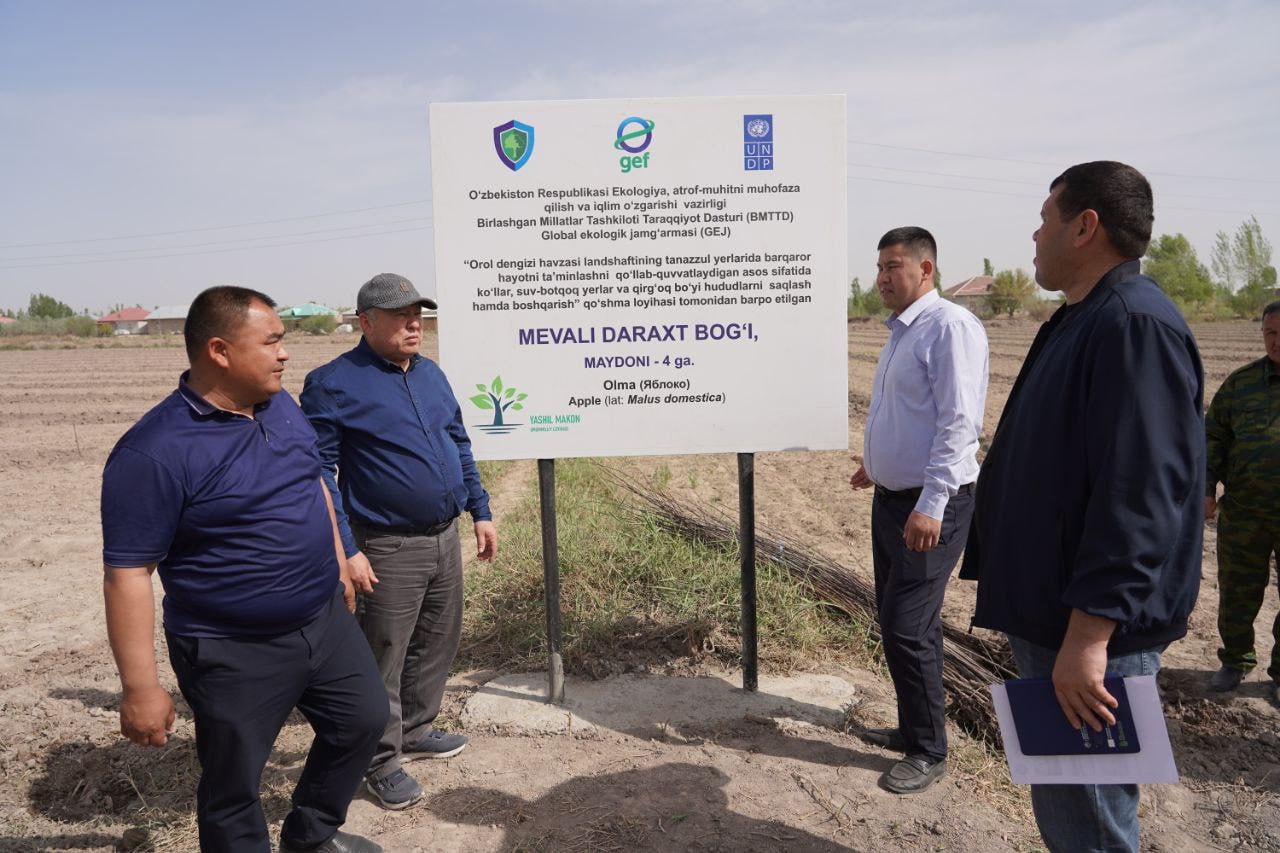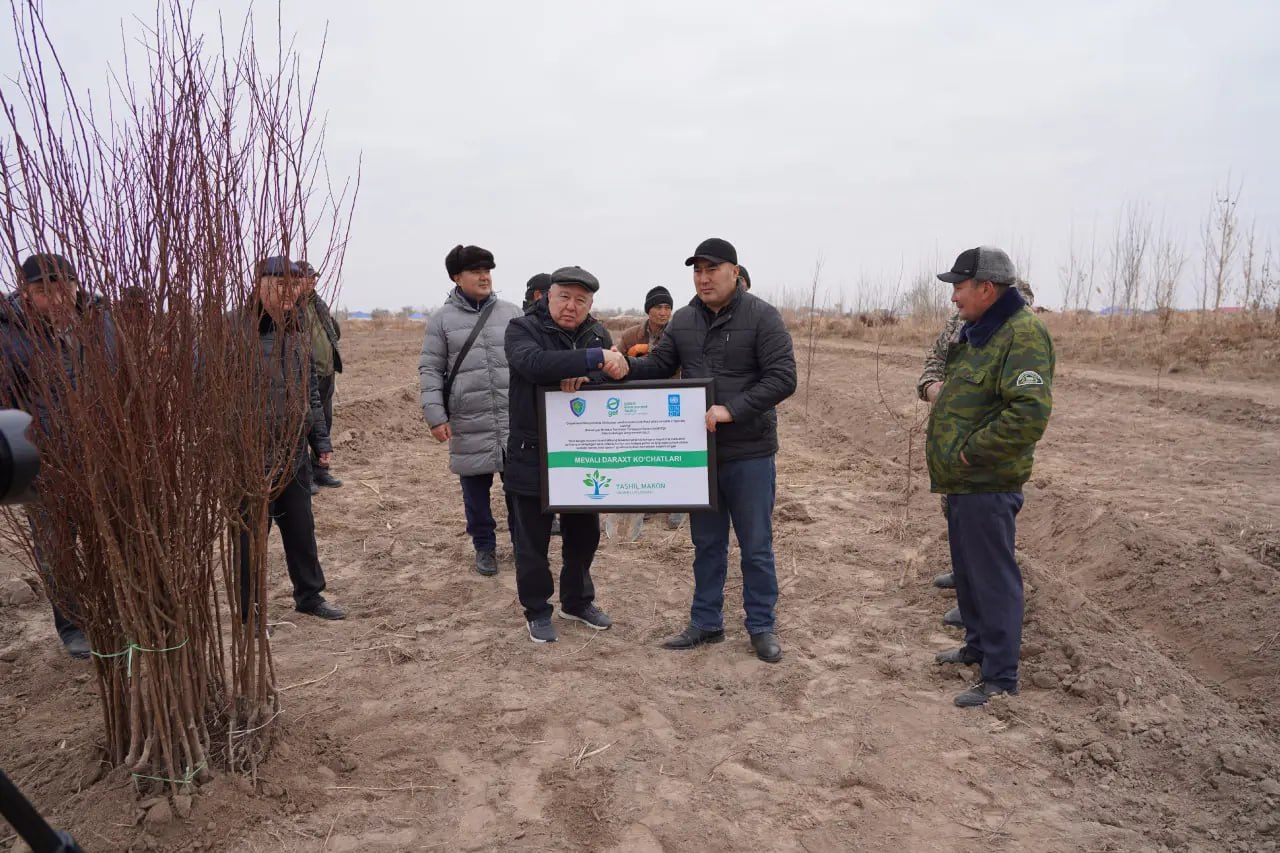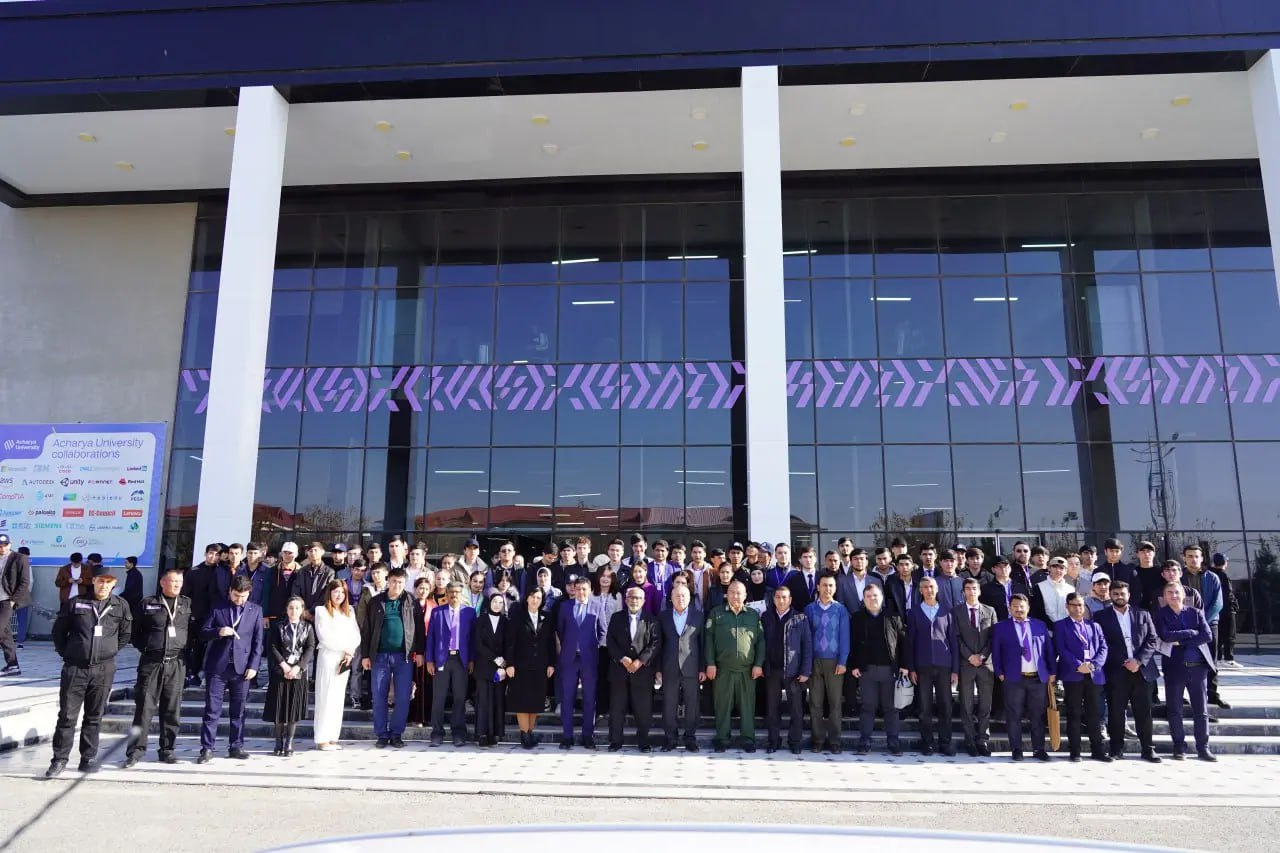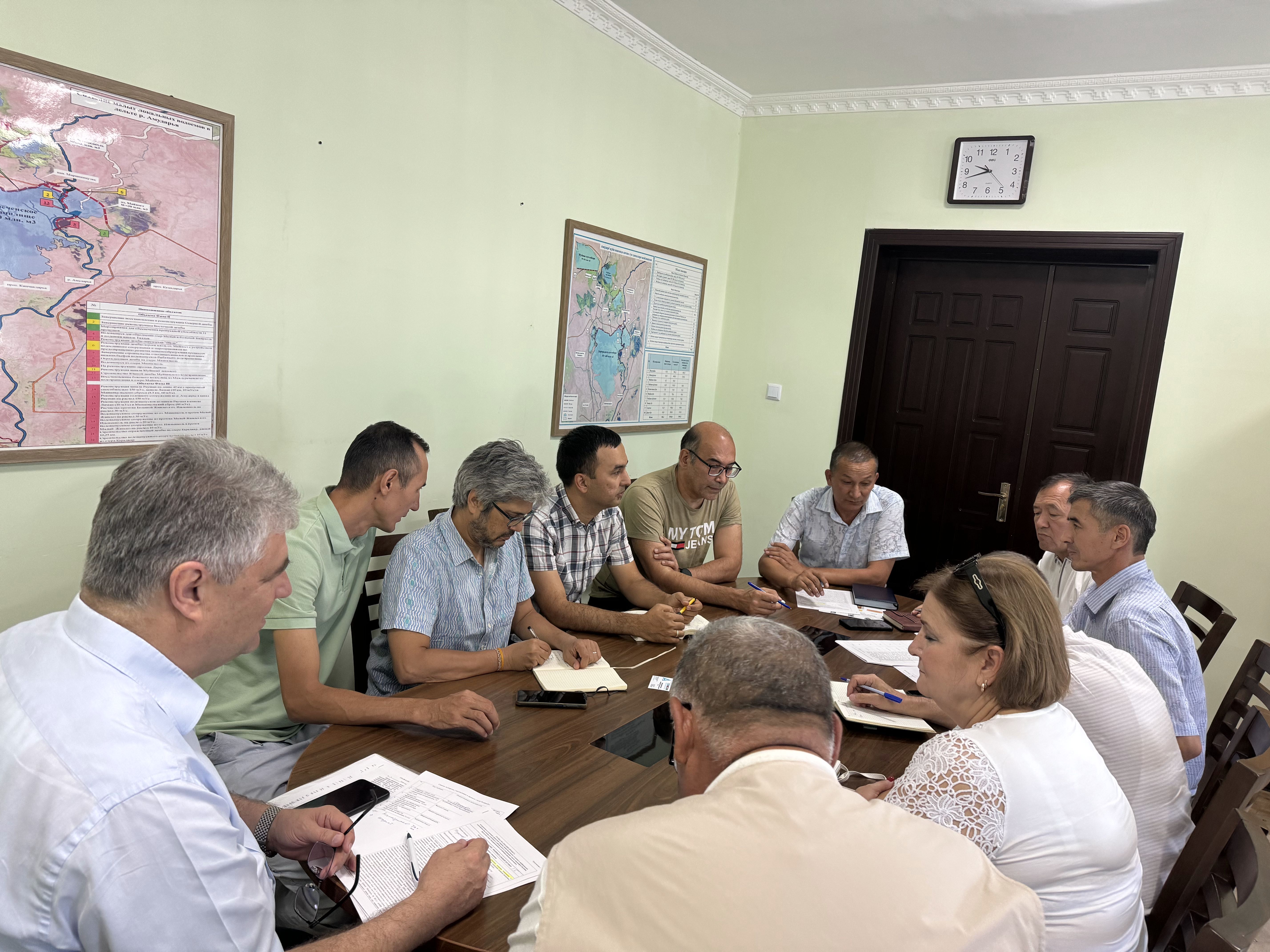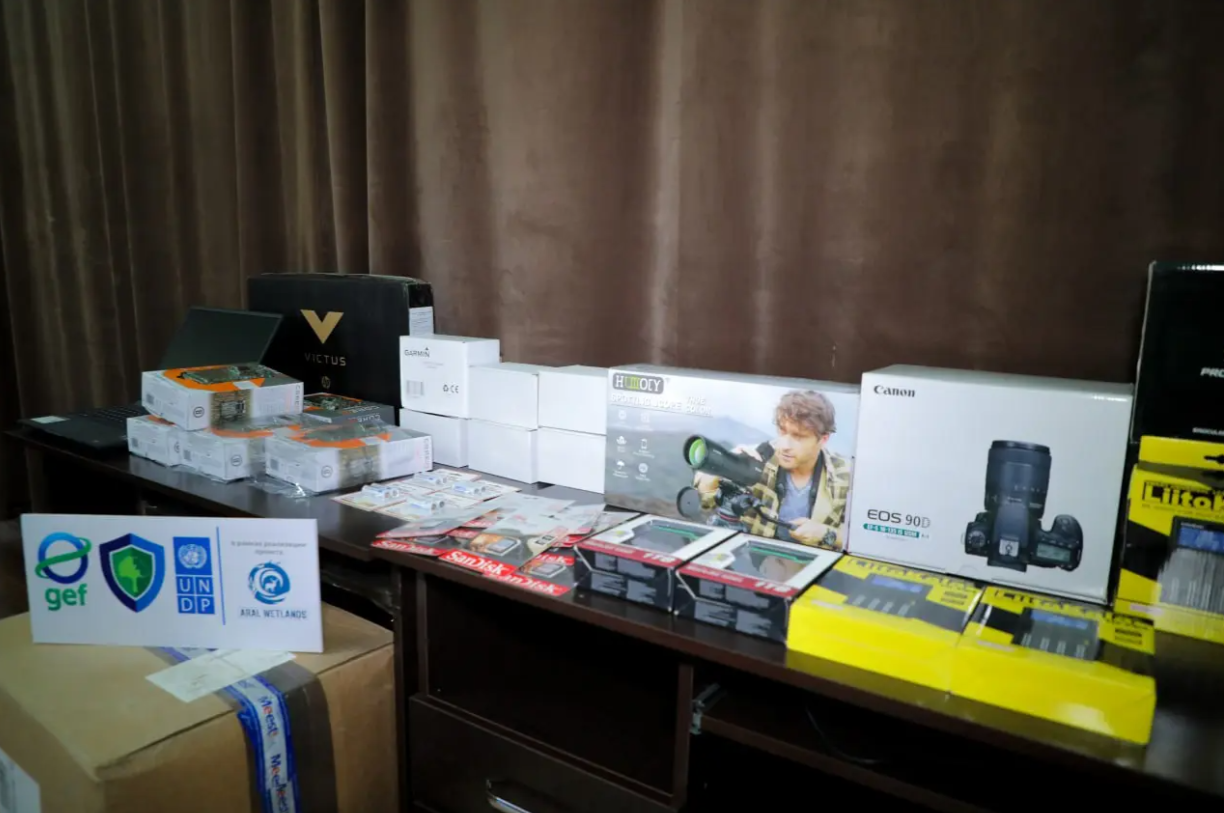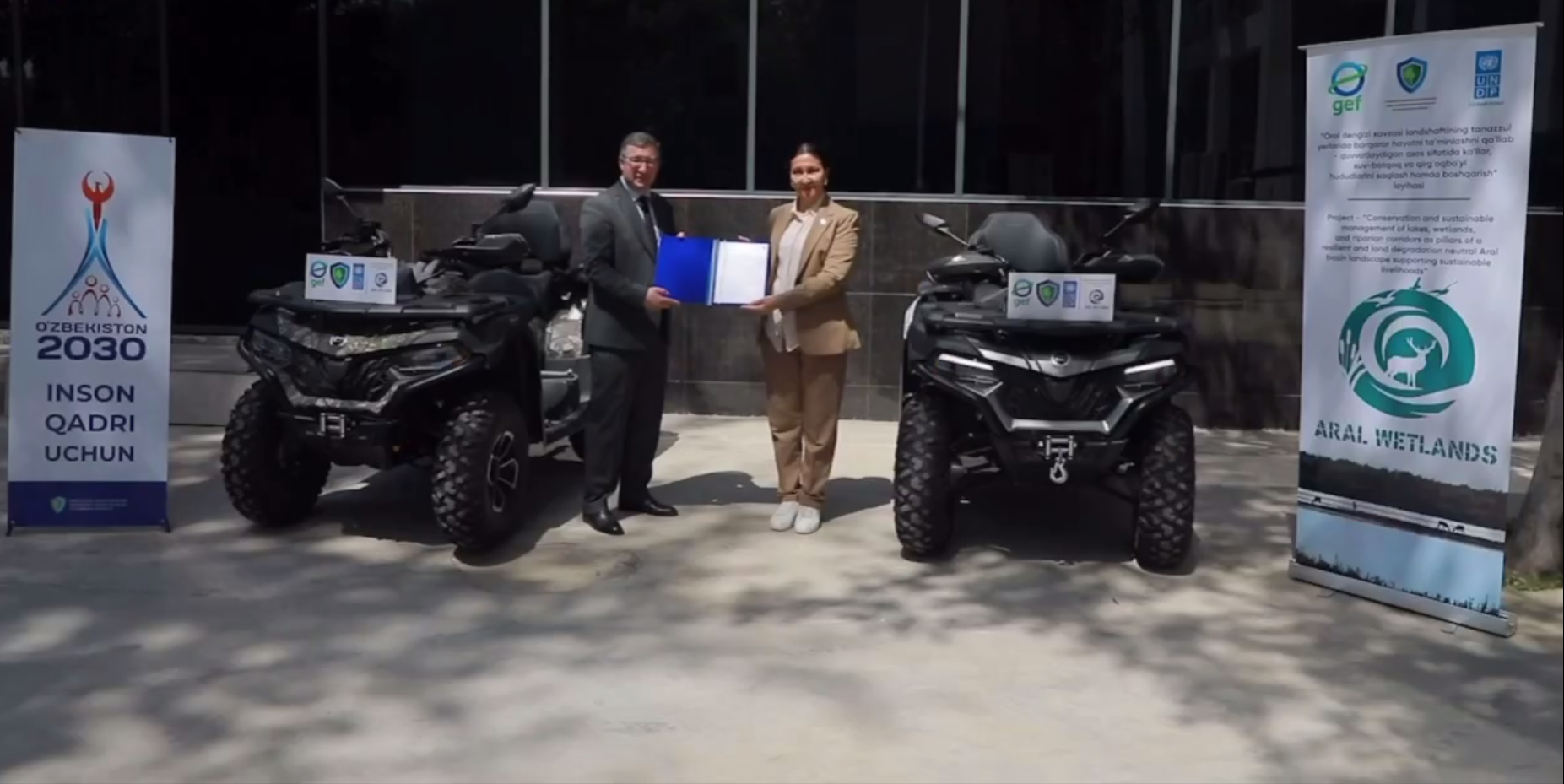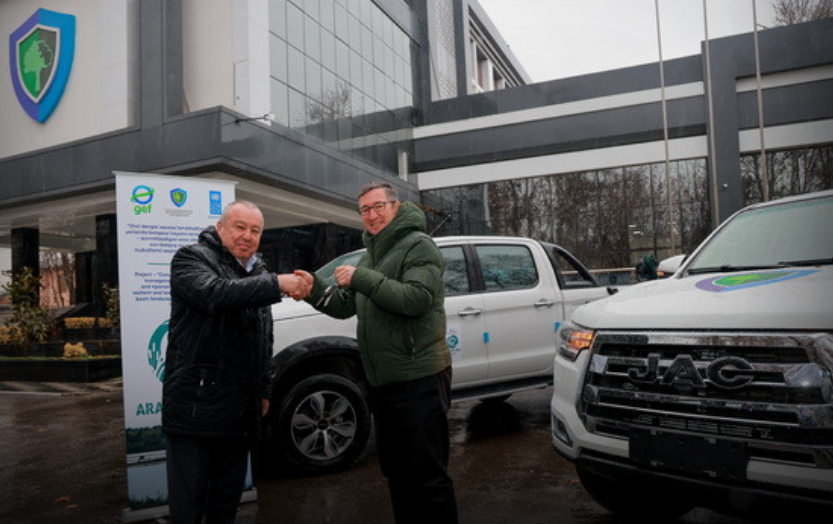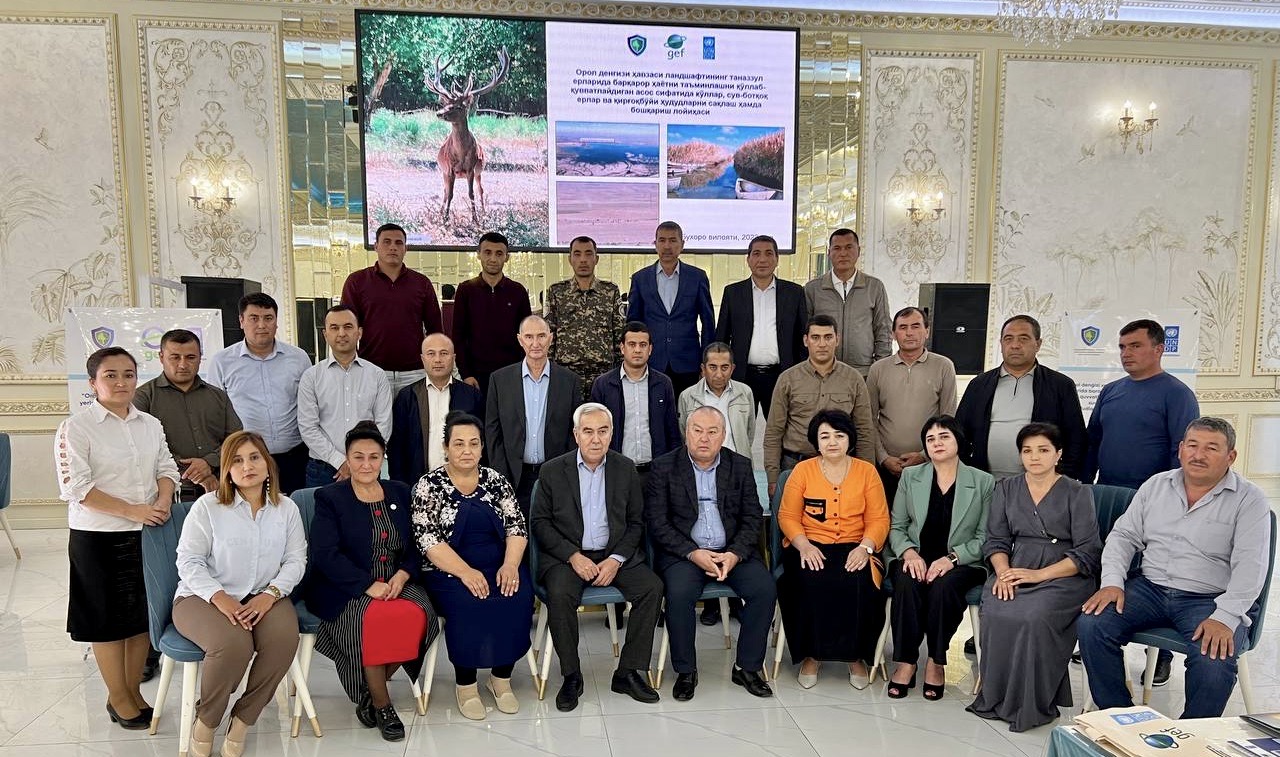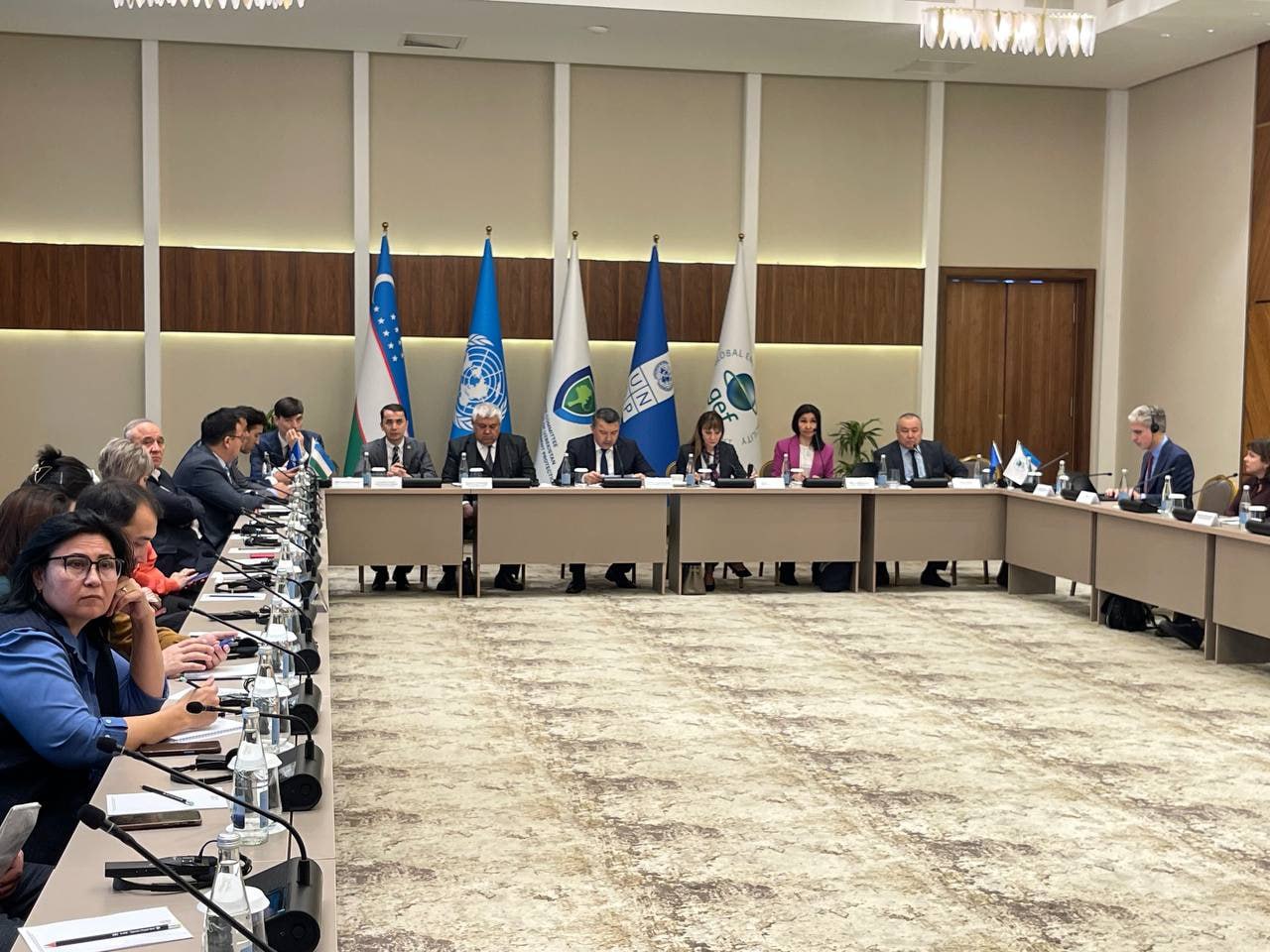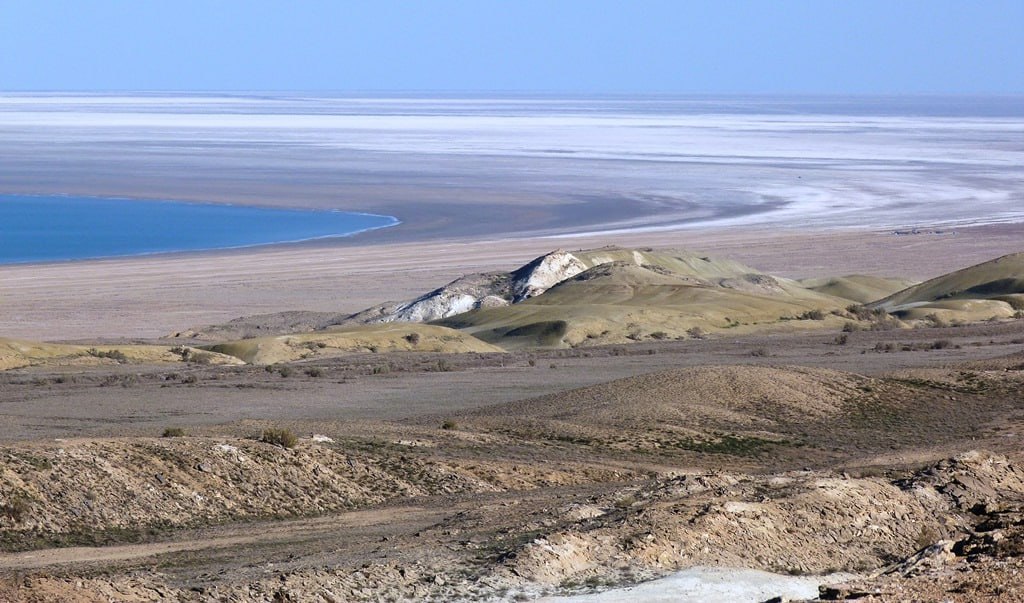

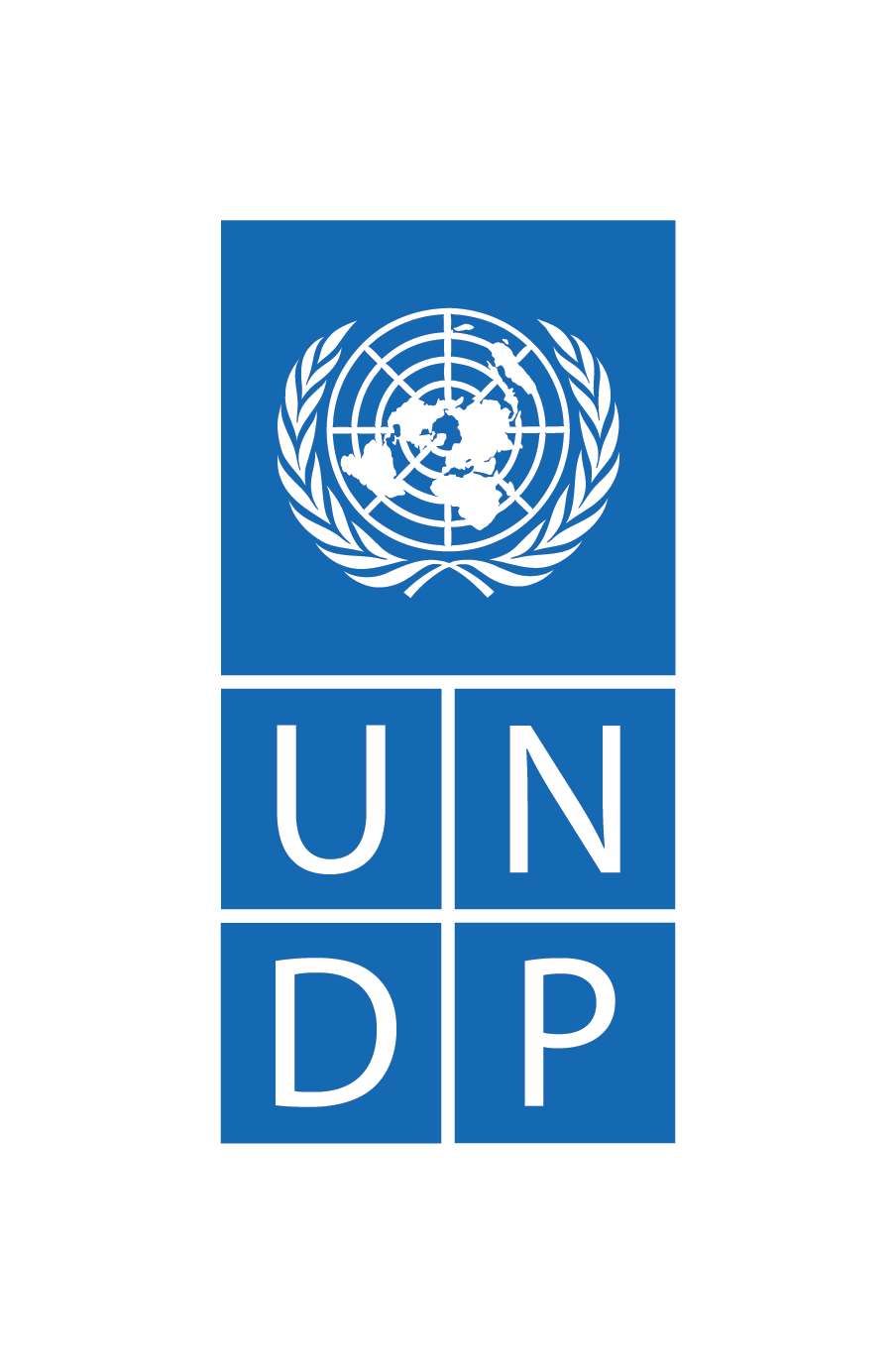
EVENTS
Home > Events
UNDP-GEF Project for Conservation and Sustainable Management
in the Aral Sea Basin
November 30, 2022
A joint initiative by the United Nations Development Programme (UNDP) and the State Committee of the Republic of Uzbekistan for Ecology and Environment Protection (Goscomecology), funded by the Global Environment Facility (GEF), is underway to conserve and sustainably manage lakes, wetlands, and riparian corridors in the Aral Sea Basin. The project focuses on enhancing ecosystem resilience and achieving land degradation neutrality (LDN) in the Lower Amu Darya and Aral Sea Basin (NABAM) by promoting integrated land and water resource management.
Despite the Aral Sea’s decline, the region remains home to vital wetlands, lakes, and biodiversity hotspots, including internationally important migratory bird routes. Wetlands such as Sudochye and Dengizkul have become essential habitats for nesting and wintering birds, and they support local livelihoods through the provision of water and food.
The target areas include Alat and Karakul districts (Bukhara region) and Amudarya and Muynak districts (Republic of Karakalpakstan), which are rich in biodiversity but face serious challenges such as land degradation, water scarcity, and salinization.
Key project activities include
Capacity building for five new protected areas (totaling over 3 million hectares), such as Southern Ustyurt and the Sudochie Lakes System.
Promotion of sustainable land and water management practices.
Conservation of globally significant biodiversity and ecosystems.
International cooperation and knowledge exchange.
The project adopts an inclusive approach, engaging diverse stakeholders—from government bodies and scientists to local communities and media—while emphasizing gender equality, youth involvement, and empowerment of vulnerable groups. An inception workshop has been held to align the project strategy and goals with stakeholders.
